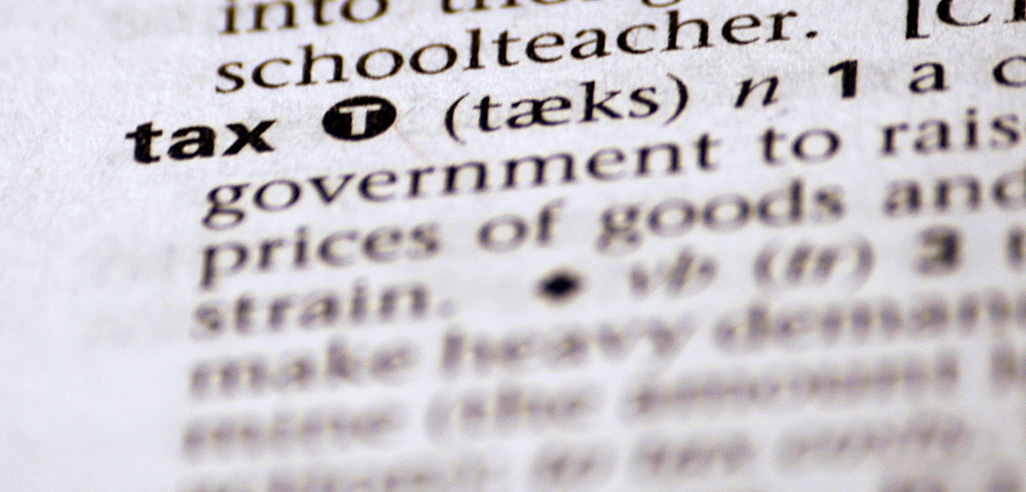The aggravations of being an American living abroad
 The US Government is penalizing Americans that are living and working abroad, rather than considering them as an asset.
The US Government is penalizing Americans that are living and working abroad, rather than considering them as an asset.
I’m a dual citizen living and working in Canada, and I recently spent about $700 just to correctly file the paperwork for both my US and Canadian tax returns. I was obliged to pay tax to the US even though I’ve never worked or lived there. I’m also a single mom who works full time; my daughter and I live off of my salary, as I’m her sole guardian (though I’m fortunate that my parents can help me out if I’m in a pinch).
The unforgiving US tax laws
A US citizen has to file US tax returns every year, report worldwide income, accounts and finances, and if necessary, pay the imposed tax. Most countries require citizens to pay tax only if they are residents. If I leave Canada, I don’t have to file Canadian tax returns anymore. An exception to this rule is the US, who requires annual tax filings regardless where they live and where their income is earned. Therefore, I have to file tax returns for the US and Canada, and there are many unfortunate consequences.
One consequence is that I’m taxed by the US on savings accounts that Canada considers tax-free. I had for years meticulously saved up money in my daughter’s Registered Education Savings Plan (RESP), as well as in my Canadian Tax-Free Savings Account (TFSA). Both are considered tax-free in Canada and great ways to save money and plan for the future, especially with Canada’s record household debt ratio at 163%.
The unfortunate consequences
The US taxes citizens on income earned/capital gains with regards to these accounts, which are considered tax-free in Canada. Moreover, the complicated reporting requirements necessitate tax expertise knowledgeable in US tax requirements for the filing, which can be very expensive. Unaware of these arcane US tax laws for many years, I was recently obliged to liquidate my TFSAs and transfer my RESP to my mom, who is fortunately not a US citizen, to protect my daughter’s education fund from unfair tax laws.
And don’t even think about not reporting these accounts: foreign financial institutions are obliged to report those that are held by US persons to IRS.
However, there is a tax treaty in place between the US and Canada which prevents double taxation, apart from those important exceptions mentioned above. Because US taxes are generally lower than in Canada, my Canadian taxes paid are used as a credit against my US taxes. Another exception is that the US has an estate tax applicable on wealth in excess of approximately $5.5 million per person. Canadians have no estate tax.
Obamacare or the Affordable Care Act
A very unfair liability for dual citizens is the Obamacare or Affordable Care Act, which requires that all American citizens pay 3.8% on net investment income with no offsets or credits allowed for Canadian residents. Net investment income includes interest, dividends, capital gains, rental income, royalty income etc.
My father, a Canadian resident and dual citizen, was required to pay a significant amount of tax because of the Obamacare tax provision. Ironically, when he is in the US, as a “snowbird” in the winter for a few moths as a temporary resident, he is allowed no coverage under Obamacare.
Problems with foreign accounts
Another aggravation for Americans who live abroad is a US requirement for banks in foreign countries to report to them on Americans holding accounts with them. I spent 4 years in Switzerland when my father was transferred to work in a Swiss subsidiary of a Canadian Bank. As in most countries, there’s a fair-sized population of US expats working or retired in Switzerland.
In order to conduct the financial transactions of daily life in Switzerland, an expat US citizen will generally require Swiss francs and a Swiss bank account. Because of the aggressive nature of the IRS/US Justice Department in pursuing undeclared foreign accounts, Swiss banks are now refusing to open accounts for Americans residents living there and requiring others with existing accounts to close them. The only remedy is for US expats in Switzerland is to formally renounce US citizenship, which some out of necessity are doing reluctantly.
Renouncing citizenship
There has been a marked increase in Americans renouncing their US citizenship. In 2014 there were the highest number of renunciations ever, with a total of 3,415, compared with 2,999 renunciations in 2013. Citizens who renounce US citizenship must also pay an exit fee that was recently increased from $450 to $2,350, and prove that they are square with the IRS.
These renunciations are due to a tough and unforgiving US tax system, which requires worldwide tax reporting as well as reporting and disclosure of accounts and finances. Penalties for failing to comply are severe, with a large civil penalties and even the possibility of criminal charges. The unintended consequences of specific policies or legislation also make it very difficult for Americans to pursue employment or retirement abroad.
Why don’t I renounce my US citizenship? Good question, I’m thinking about it.
*Special thanks to my dad, who helped me write and edit this article


